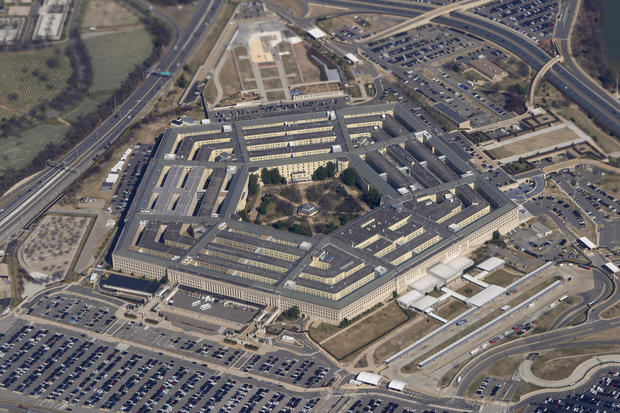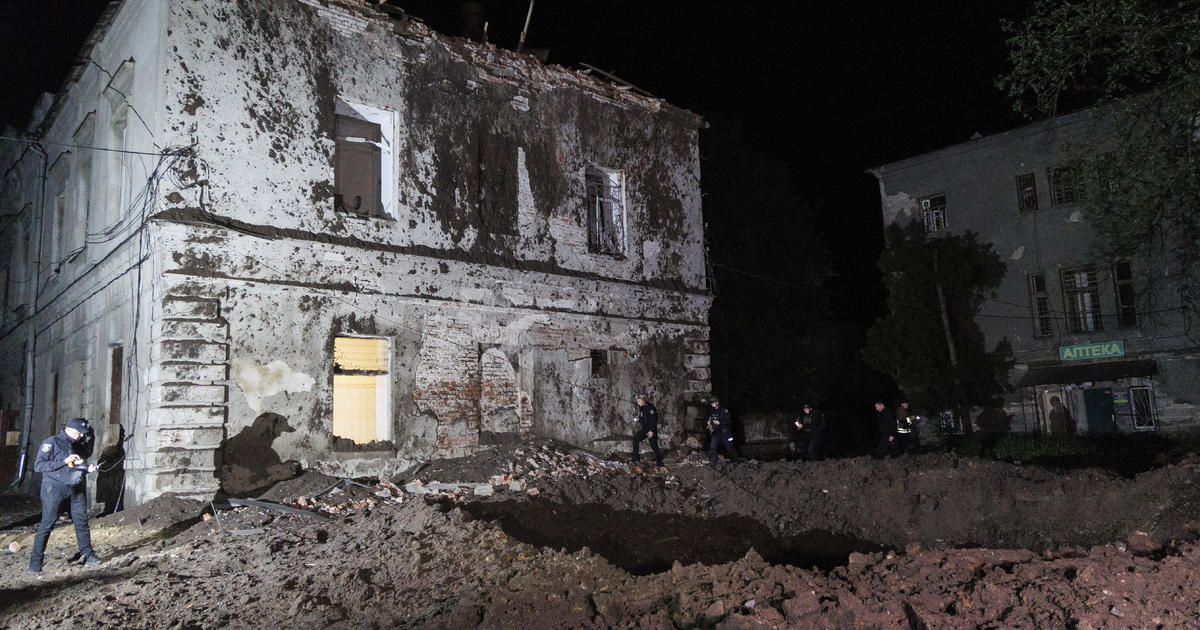Pentagon's $842 billion budget focuses on China with lessons from Ukraine war
The Pentagon's $842 billion budget request for the next fiscal year builds on lessons learned during the conflict in Ukraine but still places China as the "pacing challenge" for the U.S. military.
The request includes $30.6 billion for munitions — a nearly 12% increase over last year's enacted budget — driven in large part by lessons learned from Ukraine's high munition expenditure in its fight against Russia.
"Ukraine has really informed and highlighted the need to up our game here," Pentagon Comptroller Mike McCord said Monday.
The budget request also expands the multi-year procurement authority usually reserved for platforms like ships and aircraft to also produce munitions. With this model, the Pentagon can commit to buying parts over multiple years and incentivize industry to invest in production over the long-term.
The expanded authority allows the Pentagon "to put a lot more predictability, stabilize, and keep warm — if you will — that production base," said Deputy Defense Secretary Kathleen Hicks on Monday.
Hicks emphasized the authority will be used to procure the maximum amount of munitions that are most relevant "for deterring and, if necessary, prevailing over aggression in the Indo-Pacific," such as naval strike missiles and long-range anti-ship missiles.
"The strategy remains focused on [China.] What happened in Ukraine has not changed that," McCord said. "The budget is driven by and vital to the execution of our strategy."
This budget request includes $9.1 billion for the Pacific Deterrence Initiative, the largest amount for that initiative to date, and a 40% increase from last year. The PDI was created in the FY2021 annual defense bill to help counter China.
The Chinese spy balloon incident, though it occurred late in the budget request process, did inspire some additional funding for improving sensors and analysis at altitudes the balloon traveled, according to McCord.
Overall, the $842 billion budget request is a 3.2% increase over the budget enacted for fiscal year 2023.
Republican lawmakers have criticized the request for not keeping up with overall inflation which is currently estimated to be over 6%. Shalanda Young, the director of the Office of Management and Budget, when asked last week about the difference said the budget "is about what the right level is to achieve what we are trying to achieve, so we worked in lockstep with the Department of Defense to make sure we were funding the top priorities around the globe."
According to McCord, the fiscal year 2024 budget would be the largest budget in history in actual dollars, but in real terms, adjusted for inflation, it's lower than the Pentagon budgets in the late 2000s during the surges in the Iraq and Afghanistan wars.




